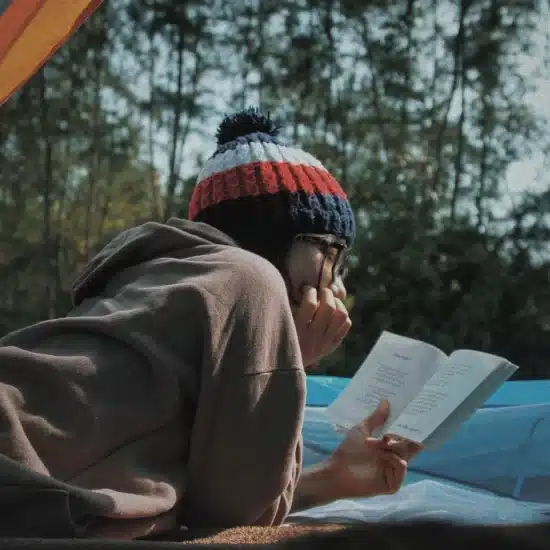Aug. 14, 2014
In the wee hours of the morning on July 8, a summer storm hit our neighborhood with a vengeance. As I groped for a flashlight (the power was off), I heard the sound no homeowner wants to hear — water dripping from the ceiling to the floor — and not just in one or two spots. When dawn arrived, we found our ceilings and walls stained with moisture. The storm had not only ripped off our shingles but had peeled back our vent caps, allowing the rainwater to soak our insulation.
Disclaimer: This is not an invitation to Doyle’s pity party. We are deeply thankful that no one was injured in the storm and that our house was structurally intact. We have homeowner’s insurance, and a restoration company was contracted that same day. We are now back in our house and all is well.
And yes, we were able to put our crisis in perspective. Compared to global hunger, tsunamis and a war raging in Afghanistan, this did not rise to the level of newsworthy. In fact, the biblical character Job would probably hear our story and say, “I will gladly trade you some of my heartaches for all of yours!”
And yet, the weeks following the storm were chaotic. Furniture had to be moved out into our garage. Walls had to be cleared of all pictures and decorations. Contractors were constantly in and out of our house. We kept moving from room to room to stay out of the way of workers’ projects (reference the movie “Money Pit”). Routine chores included moving boxes to create a pathway through the house, sweeping floors or wiping plaster dust off of counters.
The noise from 20 enormous drying fans was so intense, we had to yell to make ourselves heard. At one point, Janet and I were texting each other from different parts of the house, trying to locate one another. On another occasion, I had to go buy socks to wear to the office. All of my dress socks were safely sealed up in a drawer — somewhere!
But none of the physical inconvenience came close to our existential pain. Yes, I know the song “This World Is Not My Home” and the theology that goes with it. But still, the house we built 17 years ago, in which we have invested many dollars, precious memories and lots of loving attention had been assaulted by nature’s blast. Somehow, it was all a bit disorienting.
Here are some lessons I have learned from the summer storm.
1. Life can change quickly. One minute, everything is fine. The next minute, not. You’ve had that experience, too. Life is fragile. It can turn on a dime.
2. We take too many blessings for granted. Oxygen to breathe, hot running water, electricity, air conditioning, a roof over our heads, shelter from storms, health, food, and on and on. What if our prayers of thanks actually named some of life’s basic provisions — not as our entitlements but as gifts from God?
3. We need deeper sensitivity. One week after the storm, I traveled with our church’s youth to do mission work in New Orleans. We worked in a food pantry and with Habitat for Humanity. We saw and heard firsthand that the devastation from Hurricane Katrina is not finished. Lives are still disrupted. Some areas have yet to be restored. I don’t know about you, but I had not prayed for the Katrina victims in a long time. The newest crisis always gets our attention and pushes the old ones off of our prayer calendar. No longer will I hear reports of house fires, floods, natural disasters and simply dismiss them with a breezy prayer and a sympathetic “Oh, my, that’s too bad.”
4. We have too much stuff! As I cleaned out my bedroom closet to prepare it for ceiling work, I was embarrassed by all my clothes. I recalled that the great missionary and theologian Albert Schweitzer was once asked why he had only one necktie. He replied, “Because I only have one neck.”
5. We worship stasis. That is, we like order and routine. We like things in their place. We function best when we know what is coming each day. And we enjoy the sense that life is under control and manageable. Without realizing it, we shift our trust from God to this stasis, this orderliness.
Sometimes, God will allow the disruptions to remind us that we are not in charge. If things always go our way, we never learn patience. If our human-contrived security is enough, we never learn to trust God.
Take it from me. We never graduate from the school of trusting God. In fact, there is probably a class starting soon, near you!
Doyle Sager (doyle@fbcjc.org) is senior pastor of First Baptist Church in Jefferson City, Mo.


